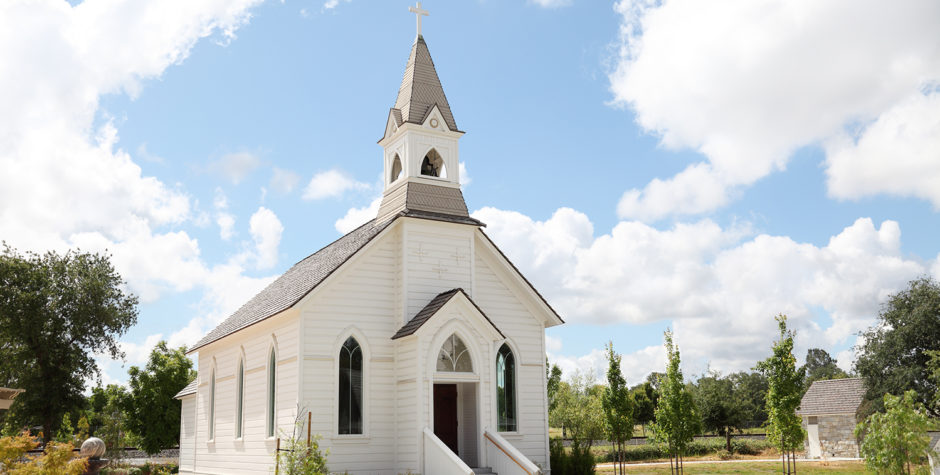Are Churches Eligible for COVID-19 Pandemic Relief?
There are many asking the question whether the CARES Act, the Coronavirus relief bill, includes relief for churches. While each situation is different – and churches should consult their tax professionals – the short answer is “yes.” Here are the reasons.
#1. The bill specifically includes churches. The law states:
During the covered period, in addition to small business concerns, any business concern, nonprofit organization, veterans organization, or Tribal business concern described in section 31(b)(2)(C) shall be eligible to receive a covered loan if the business concern, nonprofit organization, veterans organization, or Tribal business concern employs not more than . . . 500 employees [which includes both part-time and full-time employees] . . . .
It further states that “the term ‘nonprofit organization’ means an organization that is described in section 501(c)(3) of the Internal Revenue Code of 1986 and that is exempt from taxation under section 501(a) of such Code.” The vast majority of churches in the U.S. are in fact 501(c)(3) tax-exempt organizations and would thus qualify for these critical funds.
#2. The bill and any implementing regulations can’t specifically exclude churches because this would violate the federal Religious Freedom Restoration Act (RFRA). RFRA says the federal government cannot substantially burden religious exercise without using the least restrictive means to further a compelling interest. Discriminatorily withholding disaster relief to religious bodies would, like discriminatorily withholding police, fire, and rescue services, clearly impose a substantial burden on those entities. And while the government may have a compelling interest in combatting an epidemic, it has no such interest in discriminating against churches.
#3 If the bill or implementing regulations were to exclude churches, this would likely violate the First Amendment to the Constitution. The Supreme Court has repeatedly held (e.g., McDaniel v. Paty (1978); Widmar v. Vincent (1981); Trinity Lutheran Church v. Comer (2017)) that targeting for disfavor religious bodies and people, as such, runs afoul of the Free Exercise Clause of the First Amendment.
#4 The federal government has already expanded Federal Emergency Management Agency (FEMA) relief to make “private nonprofit houses of worship” eligible. It would make no sense to recognize churches as eligible for disaster assistance under FEMA but not under COVID-19 pandemic relief measures.
Of course, just because a church is eligible in principle does not completely answer the question. A church that applies for relief will still have to meet the same criteria as other applicants, and any assistance (e.g., a loan) will presumably come under the same conditions as govern other applicants. Questions like whether the relief will be taxable or will entail submission to various government regulations are important and need to be addressed. But the answer to the basic question whether churches, as such, are eligible for relief, is “Yes.”
The Small Business Administration (SBA) and the Senate Small Business Committee have put out helpful information for those interested in applying for this relief – including nonprofits (i.e. churches). We encourage you to use these resources. We also urge churches to talk to their accountants or tax professionals to learn how these programs could impact your specific situation.
You can learn more about the relief available for individuals under the CARES Act here.
ACLJ Director of Government Affairs Thann Bennett and ACLJ Senior Counsel Ben Sisney contributed to this article.
